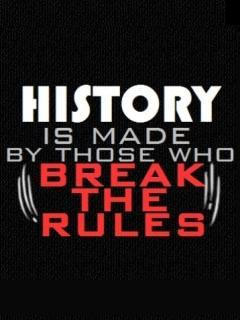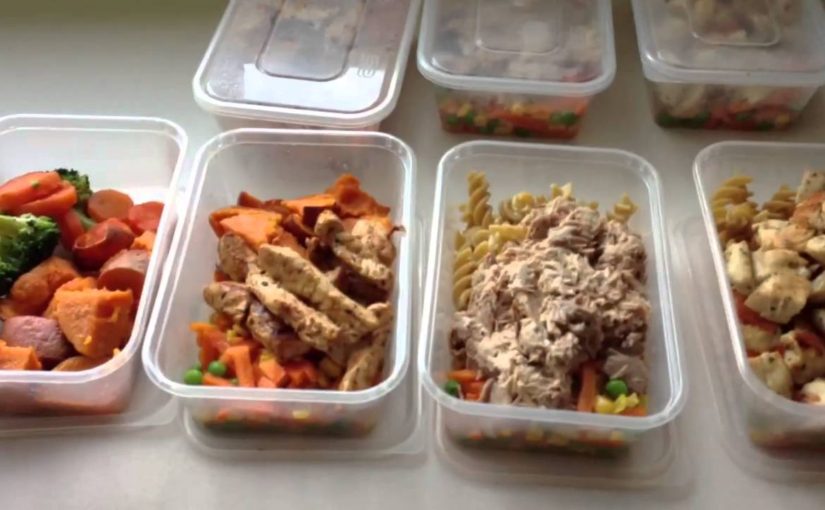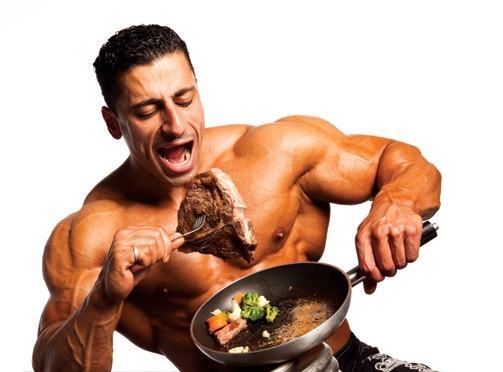You mean to tell me that there are actually diet rules out there that are meant to be broken? Yes, recently many dated diet guidelines and myths are up for speculation. You’ve probably heard all these silly rules before, but experts weigh-in on the worthiness of these supposed truisms – most of which won’t help you lose weight or make dieting any easier.
10 Food Rules That You Can Break:
1. Eating at night will pile on the pounds. The total calories you consume over a 24-hour period or over a week is what causes you to gain weight, and when you eat these calories doesn’t matter.
2. It’s best to eat at the same times every day. Eat when you’re hungry, not when the clock says it’s time to eat.
3. Dieting with a buddy always makes weight loss easier. Common goals may pay off but weight loss is a personal journey.
4. Dietary fat keeps you feeling full longer, so you’ll eat less. Fat does take longer to digest, but it will not help you control your appetite. Foods likely to fight off hunger the longest are protein foods, followed by carbohydrates, then fats.
5. When you blow your diet, you might as well wait until the next day to get back on track. Nothing could be farther from the truth- always try to get right back on track with your next meal.
6. Refusing food at a party or when visiting is rude. Turning down food that you know will blow your diet is socially acceptable.
7. Skipping a meal every now and then will help you lose. Skipping a meal means you will be so hungry at the next meal that you are likely to overeat. This can also help lead to a slowdown of y our metabolism.
our metabolism.
8. Bread is fattening, nuts are fattening, pasta is fattening. Whole-wheat bread/pasta is a great source of nutrients, and it won’t make you gain weight more than any other food with the same number of calories.
9. All calories are equal. This is somewhat true, however; you’ll get more nutrients from a 100-calorie apple than from a 100-calorie portion of white bread. Choose healthier items if you are losing weight, or controlling your hunger.
10. If you don’t clean your plate, you’re wasting food. If you just don’t feel right leaving the table until you’ve cleaned your plate, underestimate your hunger and put less food on your plate to begin with, or you may overeat.
Don’t believe everything you hear! Much of it is just superstition. Now you can tell your friends the real truth. In the end, nutrition experts say, many of the food and dieting rules we hold dear are meant to be broken – without guilt!
Some related articles you may like:


